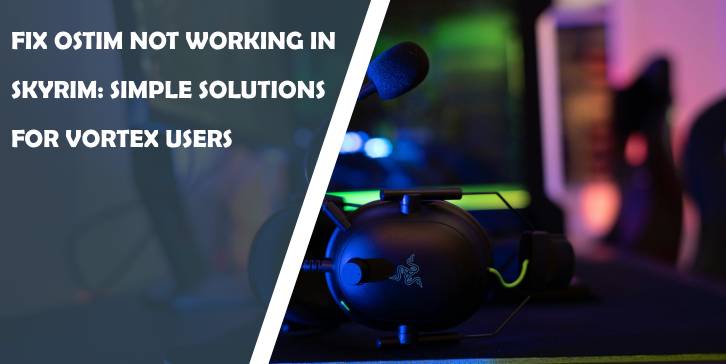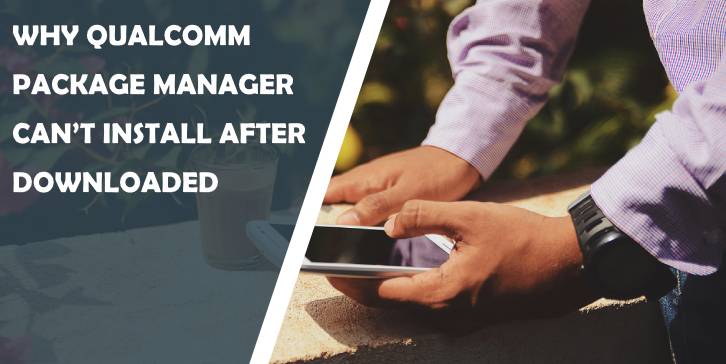In the last decade, the global shift towards mobile internet usage has been nothing short of revolutionary. With smartphones becoming ubiquitous, they’ve reshaped our digital landscapes and behaviors. Yet, beneath the convenience and accessibility of mobile browsing lies a nuanced technological marvel: the mobile proxy. This article dives into this lesser-known facet of the mobile internet, uncovering its mechanics and significance. For businesses, particularly those relying on proxies for parsing tasks, understanding the realm of mobile proxies isn’t just beneficial—it’s becoming increasingly essential in a world dominated by mobile interactions.
The Basics: Defining Proxies

At its foundational level, a proxy is a gateway—a mediator between a user and the wider internet. It acts as an intermediary server that processes requests on behalf of a client. When a user wants to access a certain webpage, instead of connecting directly, the request is routed through the proxy server.
Upon receiving the request, the proxy then fetches the data and relays it back to the user. In this complex web of digital connections, various proxy types exist, with mobile proxy being a standout due to their ability to offer IPs linked to specific, real-world locations. These proxies, and their mobile counterparts, have transformed how businesses approach data retrieval, ensuring more genuine, undetected interactions on the web, especially when emulating user behaviors or scraping data.
Diving into Mobile Proxies
Mobile proxies, as the name implies, are proxies that utilize IP addresses from mobile network operators, such as Verizon, AT&T, or Vodafone. These IPs are assigned to actual mobile devices, making them inherently different and more dynamic than their static or residential counterparts.
Traditional proxies, especially data center ones, are stationed in fixed locations and can be easily detected and blocked by sophisticated web platforms. In contrast, mobile proxies rotate IPs as they’re based on real mobile devices that frequently switch between different IP addresses. This dynamic nature makes them harder to flag or blacklist.
The unique infrastructure of mobile proxies relies heavily on mobile network operators. When you use a mobile proxy, your connection routes through the mobile network’s infrastructure, essentially mimicking the behavior of a typical mobile user. This provides an additional layer of legitimacy and reduces the risk of detection. Furthermore, because these IPs are tied to actual mobile devices, they are distributed across vast geographic areas and are less likely to be clustered in one location, unlike data center IPs. This distribution, combined with the vast number of mobile internet users globally, ensures that mobile proxies offer unparalleled anonymity and efficiency in the digital world.
Advantages of Using Mobile Proxies

The growing popularity of mobile proxies in the business realm is no accident; their inherent features provide several unparalleled advantages:
- High Level of Anonymity and Low Detectability: Given that mobile proxies employ IP addresses linked to genuine mobile devices, their authenticity is almost indisputable. This authentic origin makes them less prone to detection and blocking compared to traditional data center or even some residential proxies.
- Dynamic IP Rotation: Mobile carriers routinely rotate IP addresses assigned to devices. This constant change ensures that the chances of being flagged or blacklisted are drastically reduced. Every request can potentially come from a different IP, which appears organic and less robotic.
- Real-world User Emulation and Testing: For businesses aiming to emulate real-world user behaviors for testing or market research, mobile proxies are invaluable. They provide a lens into the genuine mobile user experience, from load times to geo-specific content accessibility.
- Bypassing Stringent Scraping Restrictions: Many web platforms have advanced anti-scraping measures in place. Mobile proxies, due to their genuine and dynamic nature, can navigate these restrictions more effectively. They’re especially crucial for businesses involved in data scraping, ensuring consistent and undetected data extraction.
In essence, mobile proxies are not just a tool but a strategic asset, enhancing a range of online operations and ensuring data’s smooth and stealthy flow.
Applications in Business and Parsing
In the intricate digital ecosystem, mobile proxies have carved a niche for themselves, especially within the business arena:
- Market Research: Companies aiming to understand market dynamics and customer behaviors rely on mobile proxies. They offer a genuine user perspective, allowing businesses to gather accurate data from different regions without geographical biases.
- Ad Verification: To ensure ads appear correctly in diverse locations and aren’t subjected to fraud, mobile proxies are pivotal. They provide real-time insights into how advertisements are displayed across different mobile networks.
- Competitive Analysis: Understanding competitors is key. Mobile proxies enable businesses to discreetly analyze competitor websites, pricing strategies, and digital campaigns without revealing their identity.
- Enhanced Parsing Success: For businesses in the parsing realm, mobile proxies offer higher success rates. Their dynamic and genuine nature ensures that data extraction processes face fewer roadblocks and rejections.
Considerations When Choosing a Mobile Proxy Service
While mobile proxies present numerous advantages, choosing the right service is crucial:
- Reliability and Uptime: A consistent connection is vital. Businesses should opt for services boasting high uptime percentages, ensuring that their operations aren’t interrupted.
- Geographic Coverage and Operator Diversity: A diverse range of IPs across various mobile operators and regions allows for a wider reach and more accurate data retrieval.
- Cost Implications: Premium mobile proxy services often come at a higher price point. However, it’s essential to weigh these costs against the benefits – reliability, speed, and undetectability. Cheaper alternatives might compromise on these features.
Conclusion
In the constantly evolving digital realm, understanding and harnessing the power of mobile proxies has never been more crucial. As mobile internet use continues to surge, these proxies emerge as both a shield and a sword for businesses—protecting identity while ensuring data access. Their unparalleled anonymity, genuine user emulation, and adeptness in bypassing online restrictions make them indispensable, particularly for parsing endeavors. As we advance further into this mobile-centric era, businesses must recognize the immense value mobile proxies bring to the table. By integrating them into their digital strategies, they’re not only staying ahead of the curve but also ensuring a more seamless, efficient, and genuine online experience.





Comments are closed.